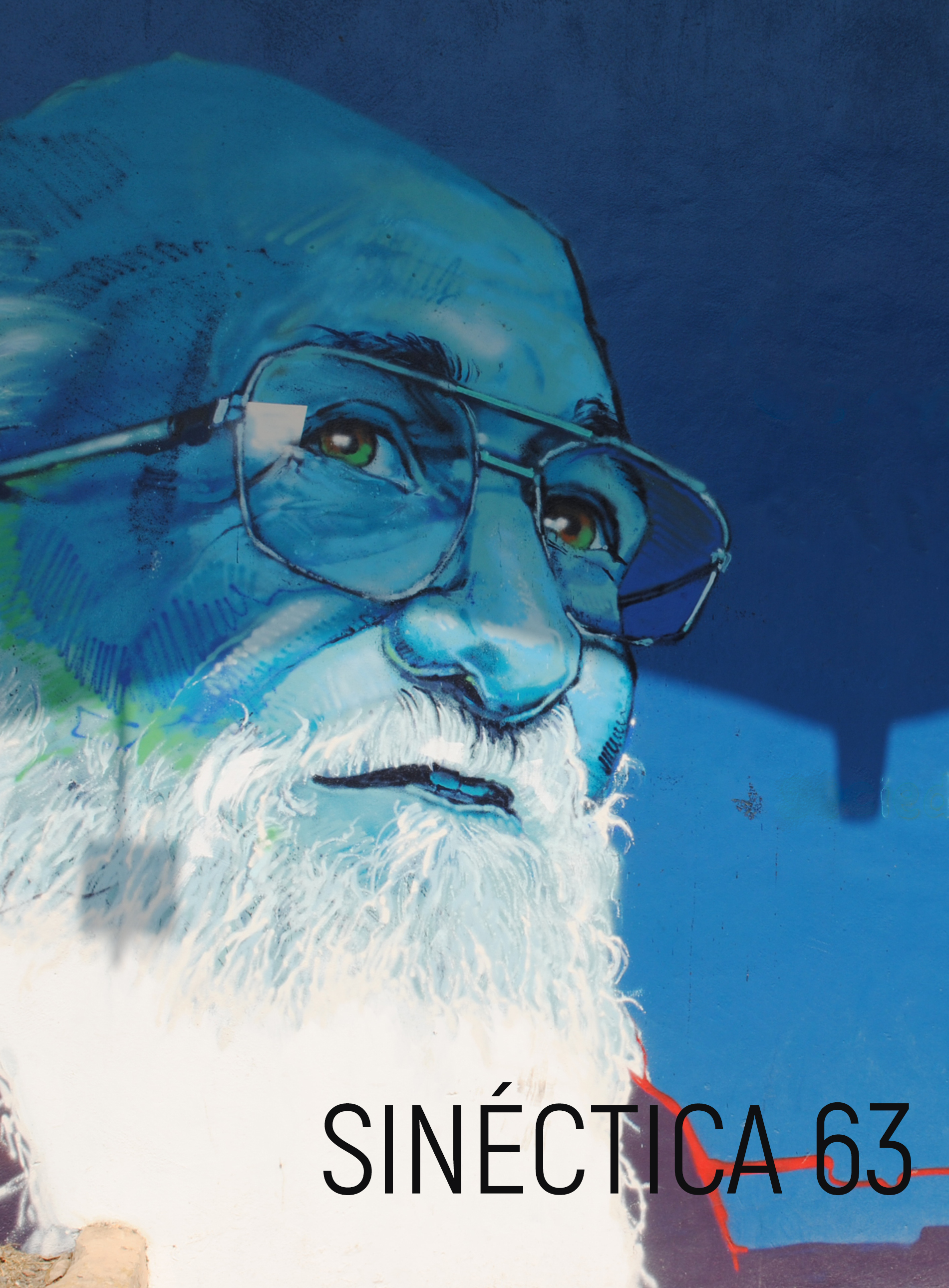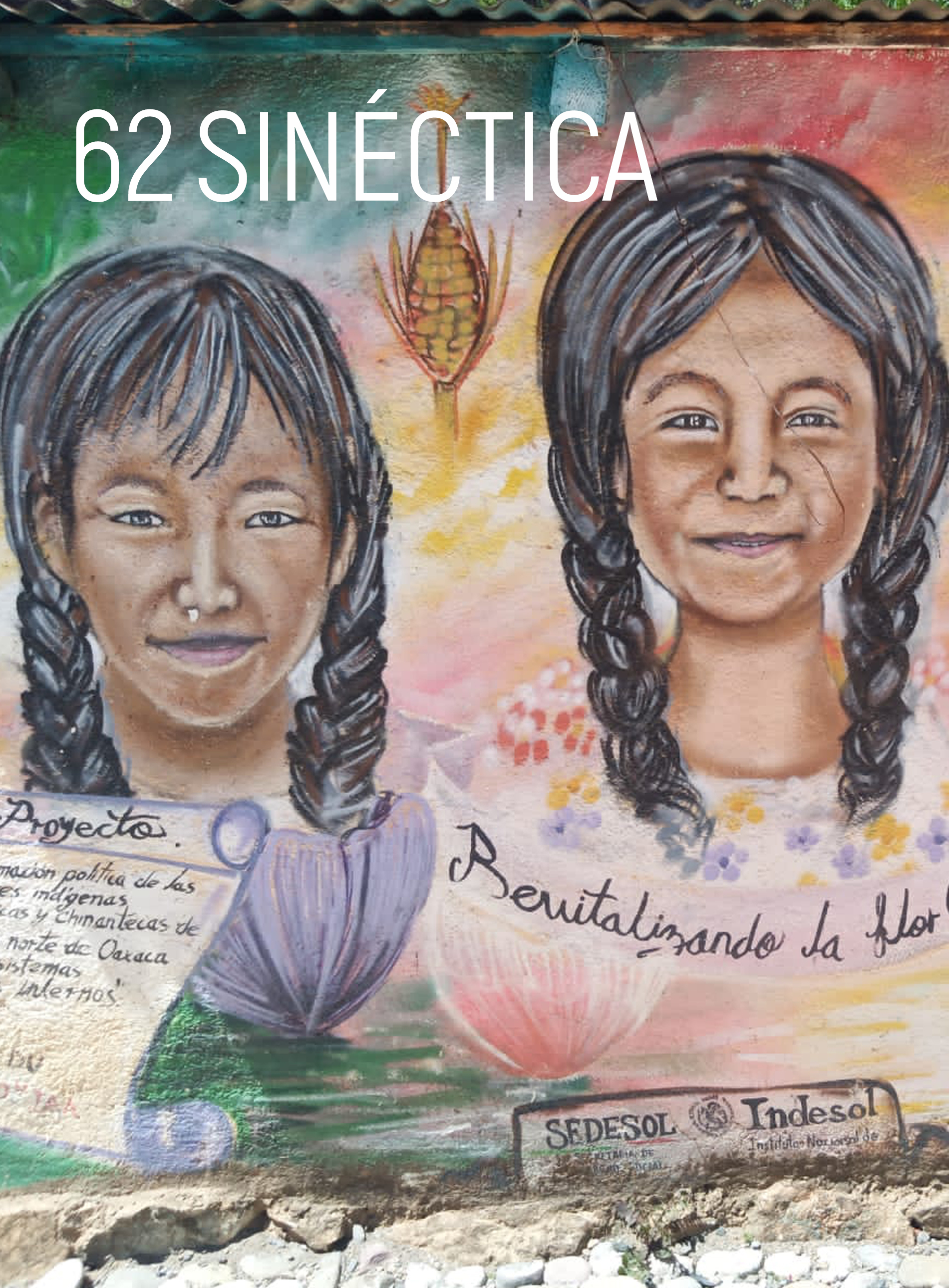Decolonizing education: Re-schooling in India
DOI:
https://doi.org/10.31391/S2007-7033(2019)0052-007Keywords:
Decolonization, Re-schooling, Indoctrination, Education, SaffronisationAbstract
The industrialization and its consequential imperialism and colonialism have impacted this world for three centuries. India has been a colony of the British Empire for two centuries. These eventful two centuries of Indian history did see the influence of not only the political and economical might of the “great” Britain, but its influence on every milieu of Indian life. India’s indigenous education system was gradually displaced and the colonial model of education pervaded under the patronage from the colonial-state. The language, pedagogy, evaluation and knowledge of the colonizer became naturalis obligato for the population of the colony. India got independence in 1947 and took to the task of decolonizing education immediately. The attempts to decolonize education from various standpoints of political activism, universalism and religious nationalism are charted in this article. What decolonizing education should entail and how India has responded to this question in the last century and how the neo-liberal order has supported a particular ideology to have a dominant say in this process are concerns of this article. We analyse how re-schooling and indoctrination are projected as the most nationalist response for methodical decolonizing of education.
Downloads
References
Adjei, Paul B. (2007). Decolonising knowledge production: The pedagogic relevance of Gandhian Satyagraha to Schooling and Education in Ghana, Canada. Canadian Journal of Education.
Alcoff, L. M. (2014). Educating with a (De) colonial consciousness. Retrieved from: http://www.academia.edu/12894297/Educating_with_a_De_colonial_Consciousness
Alfred, T. (2009a). Wasase: Indigenous pathways of action and freedom. Toronto, Canadá: University of Toronto Press.
Alfred, T. (2009b, November). Colonialism and state dependency. Journal de la Sante Autochtone, issue, 42-60. Retrieved from :
Bismarck, H. (2012). Defining decolonization. Britain: The British Scholar Society.
Elder, J. W. (2018). The decolonization of educational culture: The case of India. Retrieved from: http://www.jstor.org/stable/1187130
Fanon, F. (1968). The wretched of the earth. New York: Grove Press.
Pieterse, J. N. & Parekh, B. C. (1995). The decolonization of imagination: Culture, knowledge and power. London: Atlantic Highlands, Zed books.
Sium, Desai & Ritskes (2012). Towards the 'tangible unknown': Decolonization and the indigenous future. Decolonization: Indigeneity, Education & Society, núm. 1. Retrieved from: https://www.researchgate.net/publication/279660253_Towards_the_'tangible_unknown'_Decolonization_and_the_Indigenous_future
Spivak, G. C. (1988). Can the subaltern speak? Basingstoke: Macmillan.
Downloads
Published
Issue
Section
License
Copyright (c) 2019 Sinéctica

This work is licensed under a Creative Commons Attribution-NonCommercial 4.0 International License.
This work is licensed under a Creative Commons Attribution-NonCommercial 4.0 International license.
Authors who publish in Sinéctica agree to the following terms:
The authors retain copyright and grant the journal the right of first publication of the authorized work simultaneously under a Creative Commons Attribution License, which allows others to share the work as long as both the authorship of the work and the initial publication in this journal are acknowledged.
Authors may enter into additional separate contractual agreements for non-exclusive distribution of the published version of the journal (e.g., publishing in an institutional repository or a book), with acknowledgement of initial publication in this journal.
Authors are allowed to publish their work in institutional repositories or on their own website before and during the submission process, as it may generate productive exchanges, as well as earlier and greater citation of the published work.
Explanatory note: As of 2017 Sinéctica is governed by the Creative Commons Attribution Non-Commercial 3.0 International License, a version that standardizes licenses internationally.
Articles published between 1992 and 2016 are covered by a Creative Commons Attribution-NonCommercial-NoDerivatives 4.0 International license, which allows a work to be shared and distributed non-commercially and with acknowledgement of the author, but prohibits modification of the original creation.






















